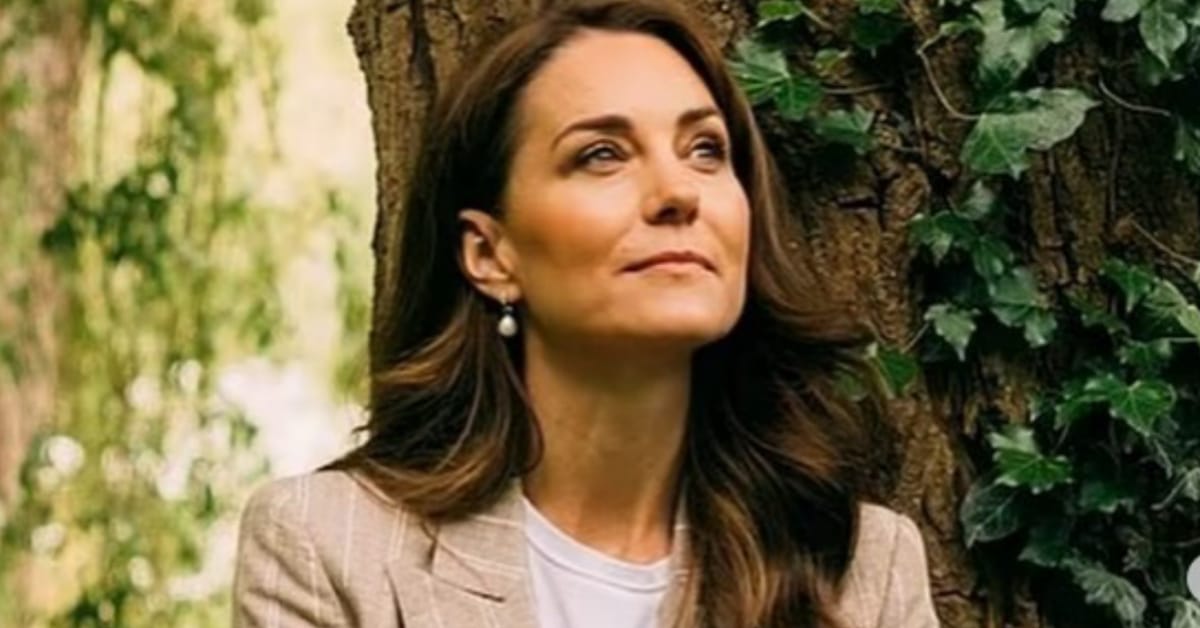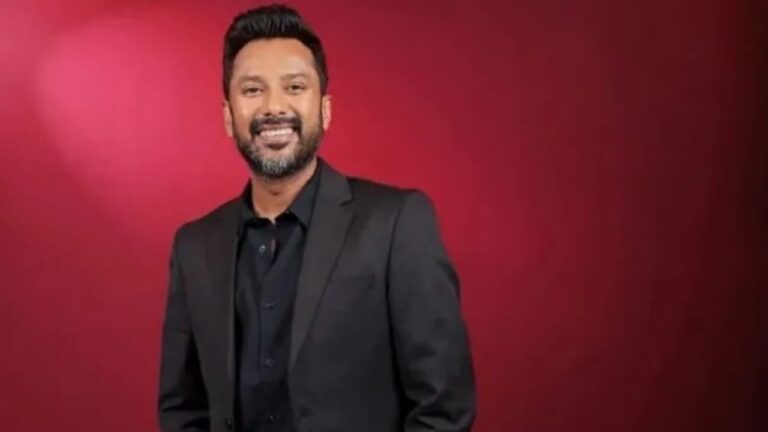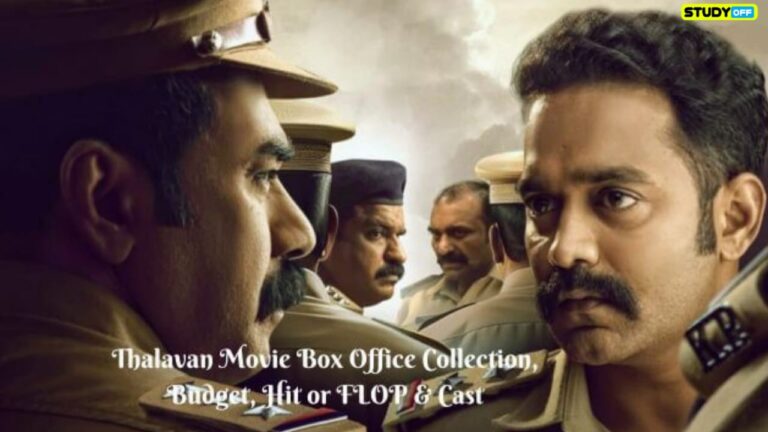Speaks: Here’s the one thing I would tell Kate Middleton as a cancer patient that could make all the difference in the world…
Yesterday, the news broke that Kate Middleton had been diagnosed with cancer, devastating the entire United Kingdom. People in the UK who may never have had to deal with this horrible illness are now having to deal with the shock, uncertainty, and heartache that thousands of people deal with on a daily basis. It’s a terrible sensation that my family and I are all too familiar with.
I was given a triple negative breast cancer diagnosis in 2018. This particular kind of cancer typically affects younger women, particularly Black women, and has an extremely bad prognosis because of the restricted spectrum of treatments accessible to those affected.
That kind of news has the power to completely transform your life. Although I was aware that it would alter mine, my main worry was for my daughter Ilani. At the age of six, she asked, “How am I supposed to tell my mommy is really, really sick?”
I informed Ilani of the news throughout her summer vacation. She handled it approximately as any youngster would, but I remained hopeful and made sure she knew that the goal of my treatment would be to heal her. I wanted to let her know that I would be looking different. Because she might say things about me to her school pals without realising the full effect of what they say.
She used to sit by my bedside and draw me pictures or play doctor and patient with me after I got my treatments. She used to tell her teachers and friends at school, “Mummy is doing well,” or “Mummy has a new wig.” A new normal that suited us was established.
It wasn’t totally true, though, when I had to inform my daughter a few years later in 2021 that my disease had advanced to stage four and was now incurable. At the time, I felt that informing my daughter that her mother had cancer was the worst sensation in the world.
As my daughter gets older, things really get harder, which may seem paradoxical at first. I suppose it’s because she can more clearly comprehend what’s happening to me and what it most likely means going forward for the two of us. She understood that now my therapies would be focused on keeping me as comfortable as possible rather than on curing me.
Regretfully, for individuals in my situation, those remedies are not as easily accessible as they ought to be. The NHS hasn’t yet approved a wide range of medications that could make circumstances like mine more acceptable, and I can’t afford to go private.
The problem with terminal cancer, like with any cancer, is that treatment resistance is a real possibility. Because of this, you’re constantly considering your options and are well aware that a certain round of chemotherapy may only be helpful for the next three months, at which point it’s time to move on.
I’m nearing the conclusion of my last course of treatment right now. Even though I am able to manage my discomfort and lead a life that is mostly normal, things might not be the same for me after my therapy is over.
Drugs for cancer are available here but not there (unless you have the money to pay for them), making the disease similar to a postcode lottery. You want to be able to tell your children that there are other opportunities for you, but it’s possible that this isn’t the case for reasons as trivial as where you happen to reside.
Even worse is having to wait months or years for the NHS to make medications that have already received approval in the US or other parts of the UK, even if thousands of people are already benefiting from their use elsewhere. For example, the chemotherapy I currently take wasn’t even an option when I received a second diagnosis three years ago. Most of the time, you’re just waiting for treatments to become accessible so you can take advantage of them while you can. You’re using borrowed time, and you have no idea when it will end, which is the issue.
Like everyone else with cancer, I would want to schedule my treatments around my life rather than the other way around, but for most people right now, that isn’t an option.
I’m curious to see how Kate’s diagnosis will affect the treatment discussion in the upcoming days, weeks, and years. In addition to hoping that Kate is blessed with the best medical care possible, I will be praying for a full and prompt recovery for her. Regretfully, a lot of people in the UK will find it difficult to get access to the resources they might want for self-care.
As we learn more about the aspects of her story that she has chosen to share with us, hopefully, we can begin a dialogue about the services available to cancer patients and how we can work to make them easier to access.
I’ll be going on my own adventure in the interim, one day at a time. I would advise anyone in my situation—Kate included—to look after their mental health. There are days that are more difficult than others, and on those days when you are unable to perform your daily activities, it will be your mental toughness that carries you through to the following day.
Though it may not seem like it at times, there is hope. After a while, you’ll recover and adjust to a new normal. You’ll be allowed to proceed. Keep your hope alive and make an effort to cling to the small things and the fleeting moments.







